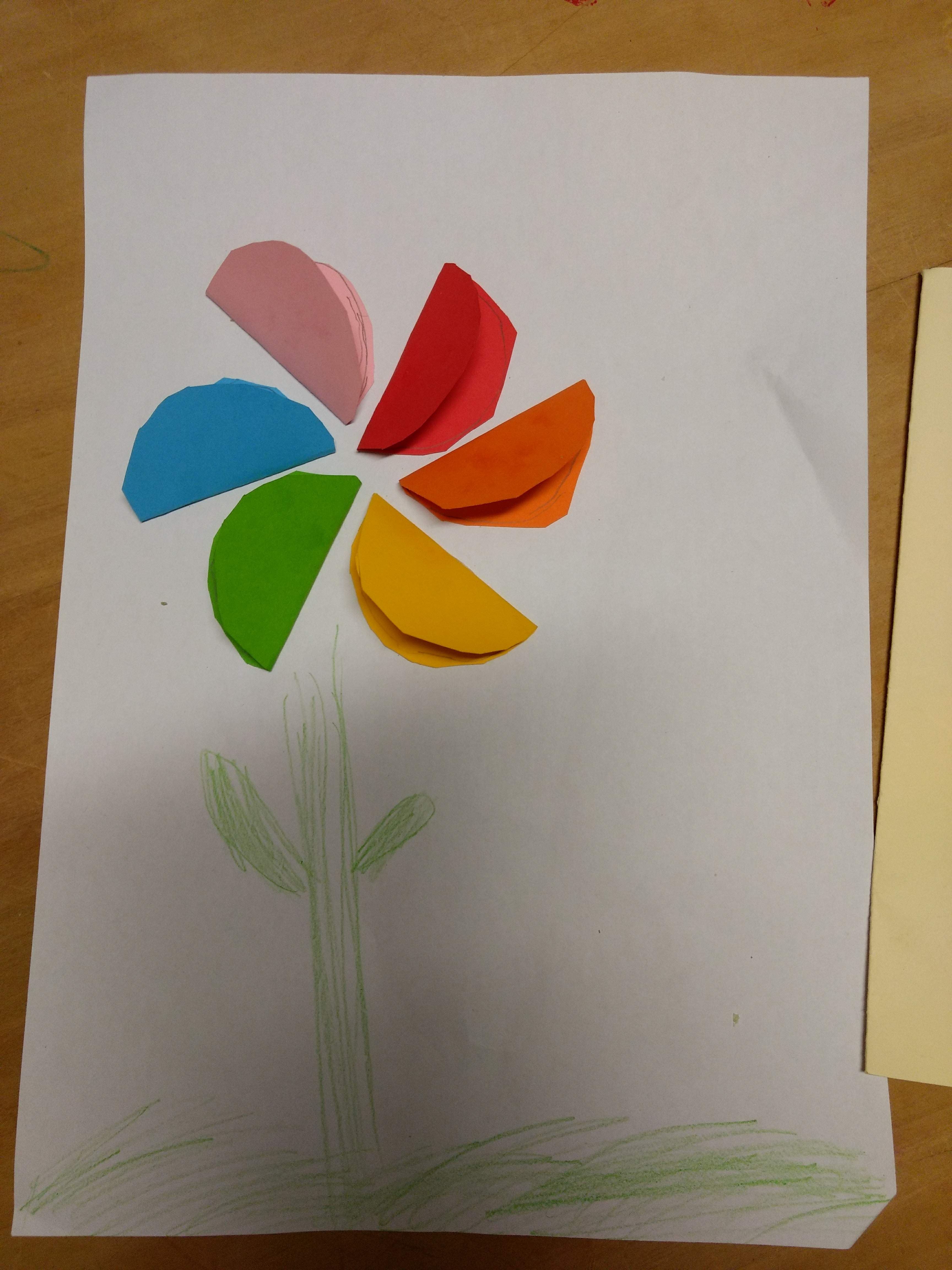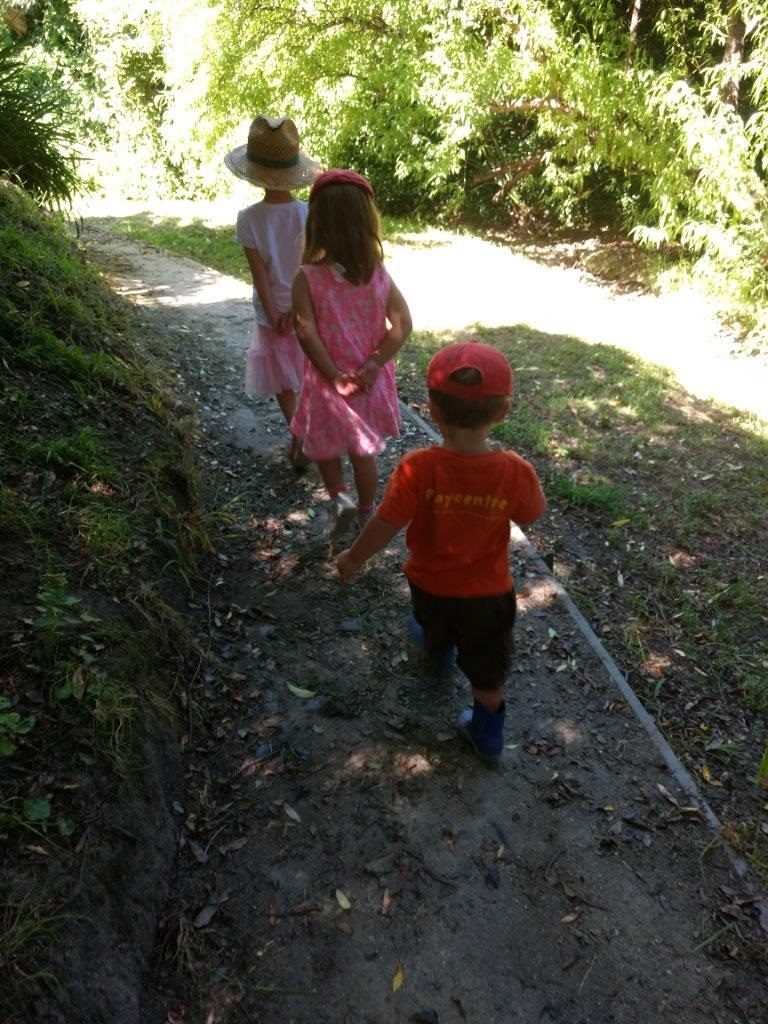About 5 months ago I finished a level 7 (300 level) paper that required me to explore a professional practice experience in the library and information profession.
At the outset, I knew I either wanted to do a placement at my place of work in the strategy and development team, or to get [back] into some writing as professional practice.
I chose the latter.
In the professional practice experience with the Open Polytechnic (LIS704), I outlined the practice skills that I wanted to explore:
- Gain professional practice experience with peer-reviewing for a journal.
- Enhance my practice of writing for different audiences using different writing styles.
I then worked on an MOU where I stated two professional practice objectives:
- To critically assess the process in peer reviewing an article in a professional industry journal, with a view to application in my own context.
- To critically assess the process of interviewing someone for publication, with a view to application in my own context.
Sub note: I initially had four, which was whittled down to three in the MOU and I ended up achieving two. Still happy with that.
I then turned those objectives into two SMART objectives:
- I will peer-review a 3000 word article for an open access journal, ‘Information Research’. I will document the experience at the time of engaging in the practice activity, in my learning journal. I will critically assess processes in peer reviewing an article in a professional industry journal, with a view to application in my own context. I will critically reflect on the experience, with the aim of deciding if I would like to engage more in this publishing space.
- I will interview Alan Dingley about the Experience as a convenor of judges of the New Zealand Children and Young Adults Book Awards, with a view to publishing it with The Sapling. I will document the experience at the time of engaging in the practice activity, in my learning journal. I will critically assess processes in writing for an industry publication, with a view to application in my own context. I will critically reflect on my experiences in this practice setting, with the aim of deciding if I would like to engage more with this writing method and/or space.
SMART objective was actually number 3, my second objective was to write 700-1000 words for Library Life. I wrote a reasoned explanation for choosing not to attempt that objective in my critical reflection on the practice experience in assignment three.
The learning outcomes for this paper (as listed on the LIS704 course webpage) were:
LO1: Analyse their need for development in practice skills and develop a plan to achieve these in a relevant library and information service context.
LO2: Operate professionally with library and information service practitioners, and library and information service work.
LO3: Apply practice skills within workplace settings.
LO4: Evaluate performance and professional interactions with others in a relevant library and information service context.
Though I received a deservedly poor mark for the critical reflection in assignment three, I worked really hard on assignment 2 – the practice portfolio – the documenting of the practice experience – and earned a 89.5% result (for that assignment).
The practice portfolio took up the bulk of the weight of the course marks at 45%, with the MOU with your practice mentor/s and smart objectives for assignment 1 at 25% weight and critical reflection in assignment 3 at 30%.
Plus, you know, I was happy for no resubmits this time, yay! FYI – A resubmit is when you get a fail grade for an assignment and you have a certain amount of time to resubmit it for a pass mark.
As my first practice objective – as mentioned above – was to experience the peer-review process for a journal, I can’t provide detail about that here (I thoroughly enjoyed it though!), but I can share the result of my second objective, an interview with Alan Dingley.
In all, I really enjoyed this paper with Open Polytechnic and I hope future LIS students with them working towards the Bachelor of Library and Information Studies, enjoy it – and utilise it – as much as I did.


